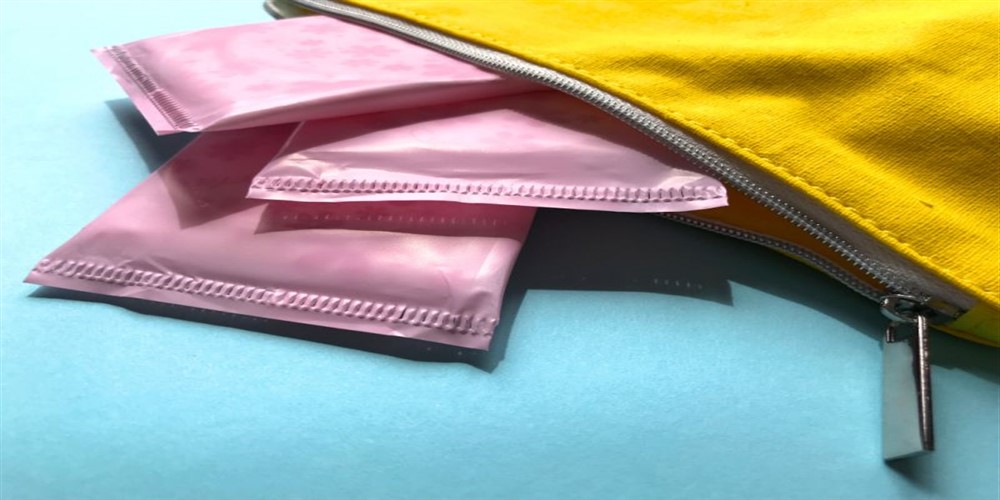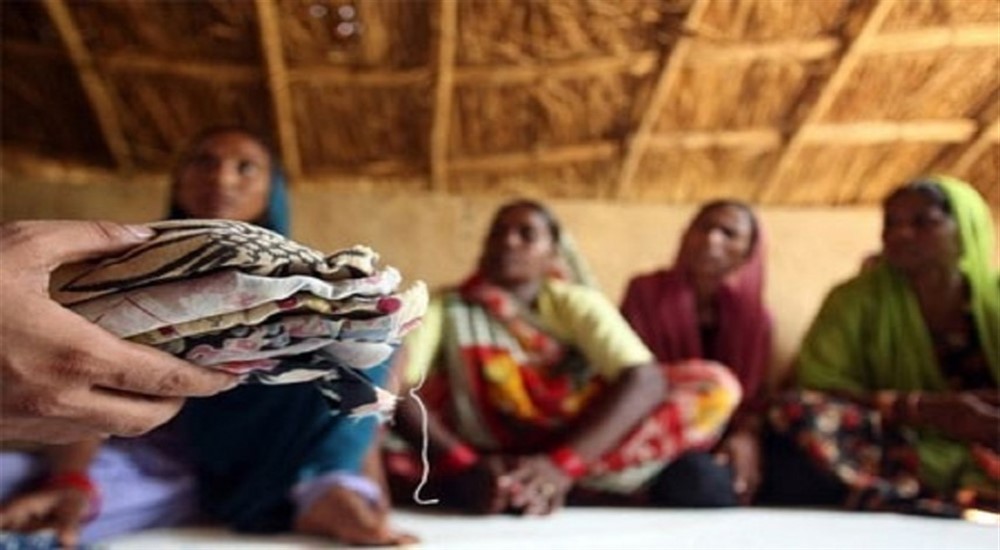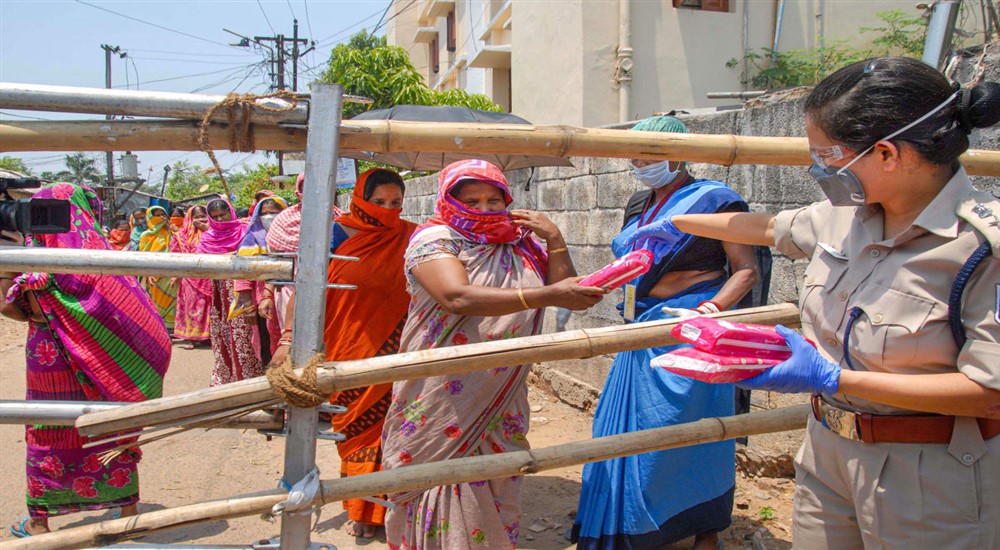Nationwide In a report published by a print, it is estimated that” Less than 20% menstruating girls & women in India use pads. “And this situation is getting worse in the wake of this nationwide lockdown. This happened due to discontinuity in the supply chain Nationwide during this pandemic because of which many school-going girls, who are getting access to sanitary napkin by their school through various government schemes, are now have to go back to other alternatives.
In the past few years government has launched many schemes through which sanitary napkins are distributed Nationwide to the girl in their schools. But this thing has been discontinued for the last 2 to 3 months because of shut down of various institutions due to nationwide lockdown.
If we look upon the background Nationwide of issue then we find that every third girl in South- Asia miss school during their period and that because they lack proper menstrual health product and have very little or no knowledge about mensuration before they attain their puberty. In India, Nationwide less than 20% of women use sanitary napkin and this scenario is not much satisfying in urban areas as there also we find a very slight rise to 50% only.

There are three-fold barrier in adopting these menstrual hygiene practice. Nationwide These are :
*Lack of awareness – Most of the girls have no prior knowledge about periods until they do not experience it for the very first time. Studies show that 70% of adolescent girl Nationwide has no idea about this before their first menstrual cycle because of which they do not prioritize it as an essential health need. Even when asked about these things, they use to say-“it’s good if we have that but if not then also it’s not a big issue, we can Nationwide manage it by clothes also. “They take it a better option rather than a necessity. They do not find it worth to spend a particular amount on these things every month.
*Lack of acceptance – Nationwide This thing is widely prevalent in India especially in rural areas. They do not accept it as a normal body function but more as a defect. So, they prefer to keep it as a secret and think that it should not be revealed to everyone especially to any male member of their family or society. Most of the women feel embarrassing to share these things with anyone and so, if they do Nationwide get any problem related to this, they keep that within them only which later on becomes a very big health issue for them.

Along with this, there are widely prevalent taboos that force women to stay inside their house, skip school, be relegated to a certain part of the house (sometimes even Nationwide outside her house), and not allowed to enter in kitchen or temple. All these things along with lack of acceptance create fear in their mind and they want to keep this as a secret, which results in them not using sanitary hygiene products and missing school as away to manage menstruation.
*Lack of access– Most of the women lack access to quality hygiene products which continues to be a barrier to achieving 100% coverage for menstrual hygiene. Due to rampant poverty Nationwide across the nation, it’s difficult for many families to afford a meal two times then how they can think to afford these sanitary napkins costing them at least 30 rupees/month. So, in this situation, they go for alternatives like clothes and rags. In studies, it is found that 88% of women and girls in India using homemade alternatives. In addition to this, Nationwide most of the women lack proper sanitation facilities.

So, these are the barriers due to which health of lakhs of women is at risk. And this situation has got much worse during this pandemic. But above all, there are some social institutions which are doing very remarkable work even during these days. Many Non-Governmental Organizations like Goonj, Womenite, Myna Mahila Foundation has Nationwideshown very active participation in this field.
But these are not enough, we need more work in this field. Governments, corporates, non-governmental organizations (NGOs), and the media and entertainment industry must collaborate to work together to look upon Nationwide worsening women health conditions.








